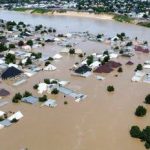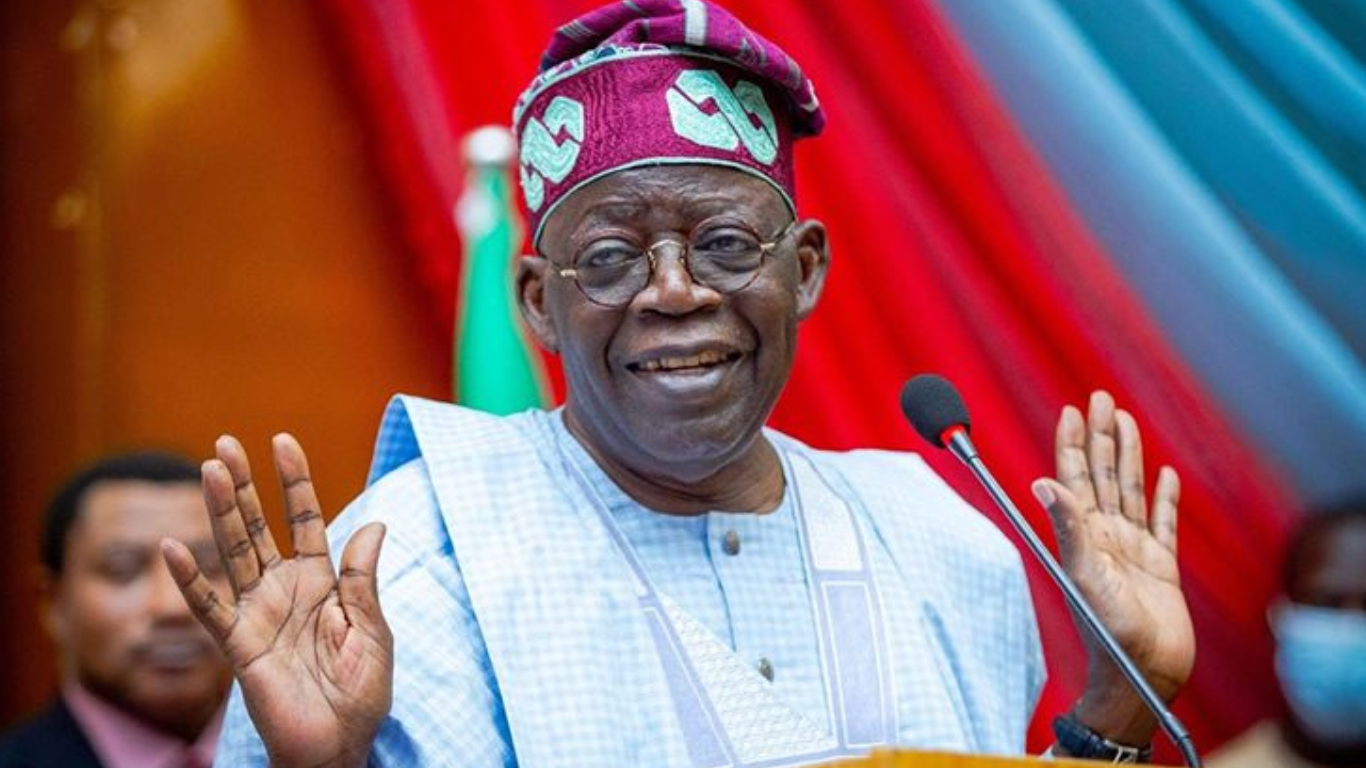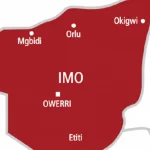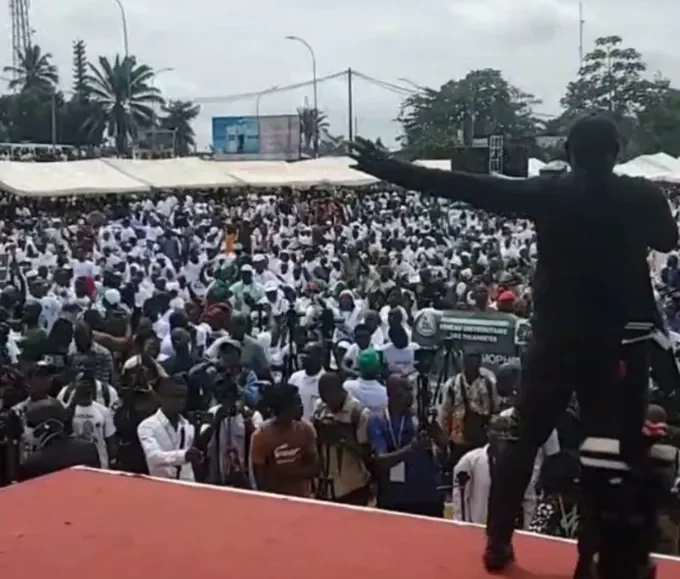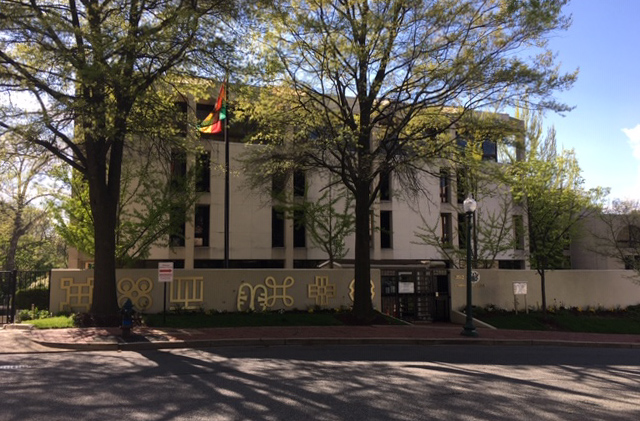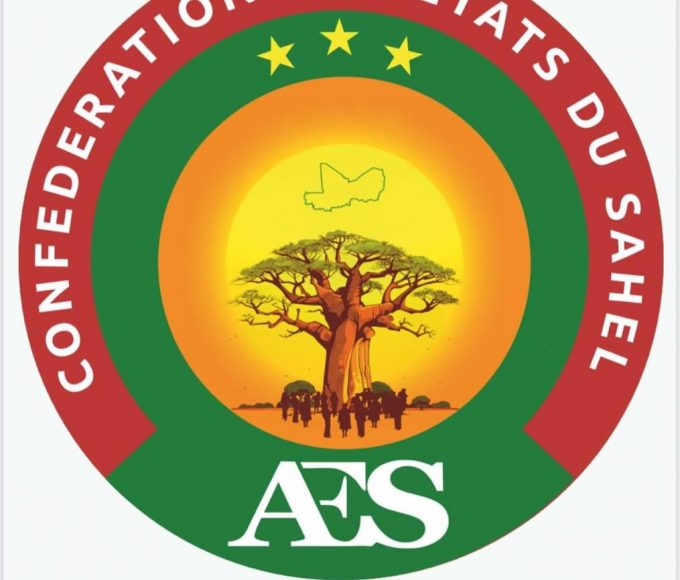
Nigeria’s public debt has surged by $4.95 billion in loans from the World Bank over the past 12 months, escalating the nation’s total debt to a staggering N101 trillion.
According to data from the Debt Management Office, the nation’s public debt stood at approximately N97 trillion as of December 2023.
Despite this, the government still anticipates fresh loan approvals totalling $4.4 billion from international lenders, including the World Bank and the African Development Bank (AfDB), within the next year.
An analysis by Punch revealed that the World Bank has approved funding for six major projects in Nigeria during this period. These include $750 million for power sector financing, $500 million for women’s empowerment, $700 million for girl child education, $750 million for renewable energy solutions, $750 million for resource mobilisation reforms, and $1.5 billion for economic stabilisation reforms.
In June 2023, the World Bank approved a $750 million loan to boost Nigeria’s power sector, followed by a $500 million loan later that month to support women’s empowerment initiatives.
By September 2023, a $700 million loan was sanctioned to improve educational opportunities for adolescent girls. December saw the approval of $750 million for renewable energy projects aimed at providing better access to electricity for over 17.5 million Nigerians.
The most recent approval includes a $2.25 billion loan, with $1.5 billion allocated for economic stabilisation reforms and $750 million dedicated to enhancing non-oil revenues and protecting oil and gas resources.
This loan is intended to increase fiscal oil revenues, expand social safety nets, and raise the import value of previously banned products.
In the same report by Punch, the Nigerian government is seeking about $4.4 billion in new loans from the World Bank and the AfDB. These loans include $500 million for rural road infrastructure and agricultural marketing, $750 million contingent on reintroducing a telecom tax, and $500 million to address challenges faced by Internally Displaced Persons. The AfDB is also expected to provide $2.7 billion in economic and budget support.
AfDB President Akinwumi Adesina revealed in March that the Board of Directors had approved $134 million for Nigeria to implement an emergency food production plan. Further discussions are ongoing for a $1.7 billion economic and budget support loan and a $1 billion agro-industrial project in 28 states.
The above is contrary to a commitment made by President Bola Tinubu to reduce reliance on borrowing for public spending.
However, Nigeria has continued to be a top recipient of fresh loans from multilateral lenders.
In 2023 alone, the country borrowed $2.7 billion from international sources, a slight decrease from the $2.9 billion borrowed in 2022.
The World Bank has extended its technical advisory and financing support to Nigeria, amounting to over $15 billion.
However, for many Nigerians, long years of infrastructure decay and rising unemployment have intensified frustration towards the government’s borrowing practices.
The soaring costs of servicing foreign debt pose significant challenges for Nigeria’s economy, while also the citizens are disgruntled by the increase in borrowing without having the maximum impacts on livelihood of Nigerians.
Read more: Imo State Local Government Elections Set For September 21
About The Author
Related Articles
Cotê D’Ivoire: Thousands Rally in Abidjan as Opposition Demands Electoral Reforms Ahead of October Election
Thousands of opposition supporters gathered in Abidjan on Saturday, May 31, to...
ByJoy ChukwuJune 1, 2025Togo Stops Issuing Mining Permits to Reform Outdated Mining Code
Togo has suspended the issuance of new mining permits for prospecting and...
ByJoy ChukwuJune 1, 2025ICYMI: Ghana Shuts Down Washington Embassy Over Visa Fraud Scandal
Ghana has temporarily closed its embassy in Washington, D.C., following the uncovering...
ByJoy ChukwuMay 31, 2025Confederation of Sahel States Moves to Establish Joint Judicial Body
The Confederation of Sahel States (CSS), comprising Mali, Niger, and Burkina Faso,...
ByJoy ChukwuMay 31, 2025




